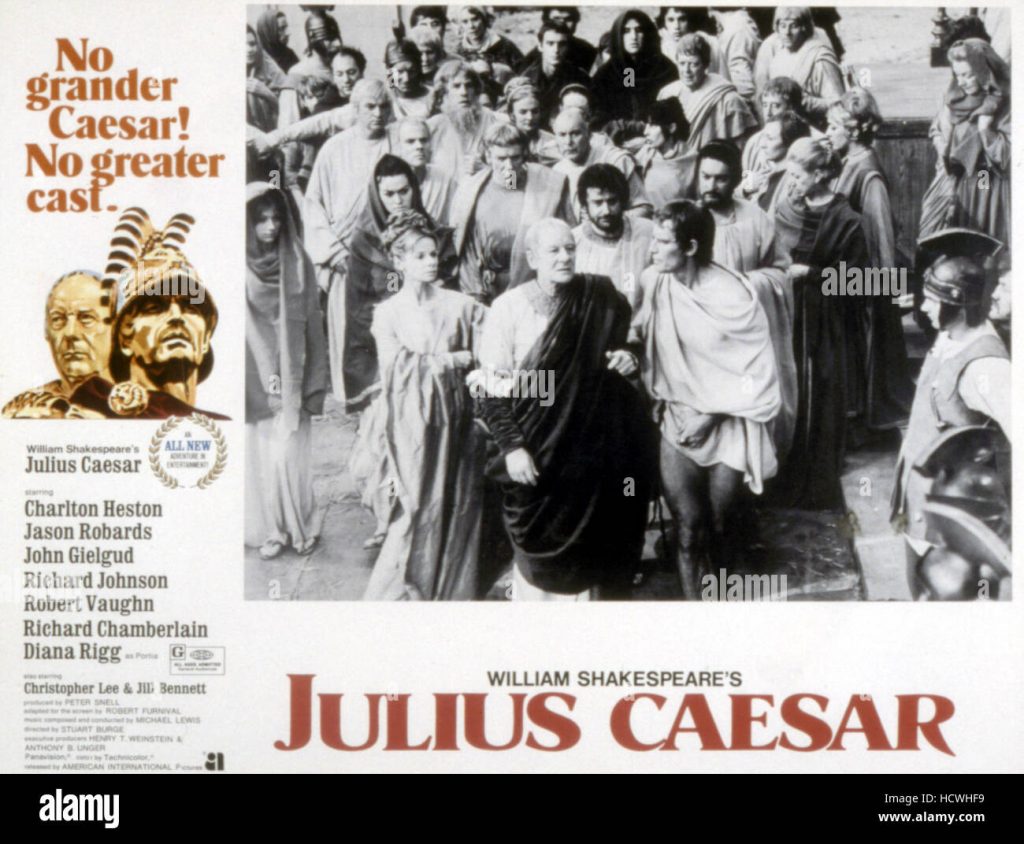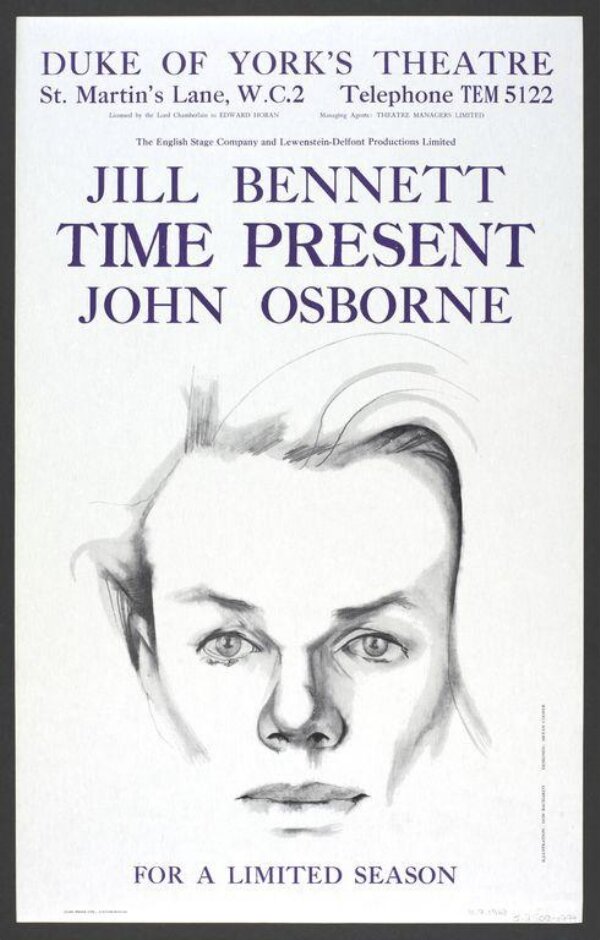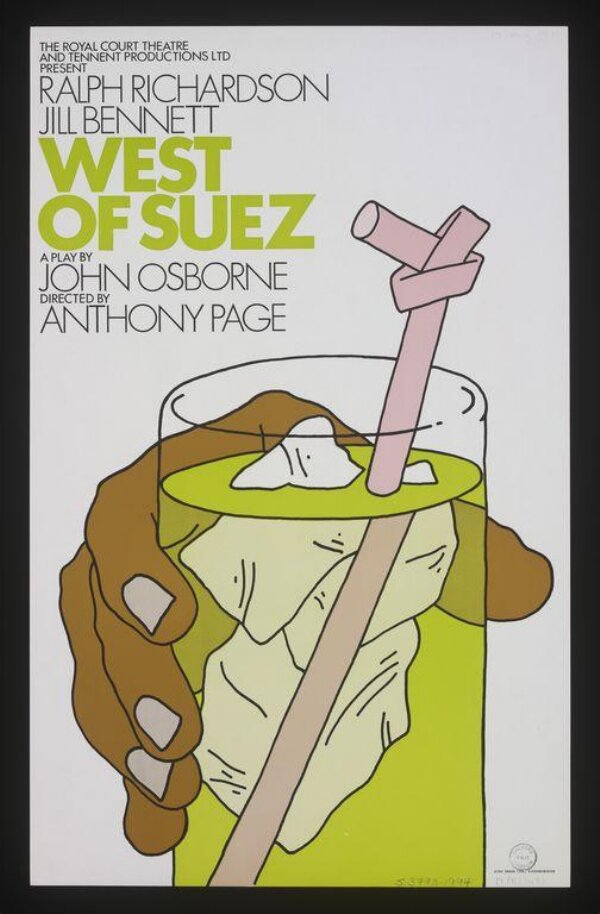
Jill Bennett was born in 1931 in Penang in Malaya. She trained in London at RADA and made her stage debut in 1949. Her film debut came in 1951 with “The Long Dark Hall”. She alternated her career between stage and film and television appearances. Her film appearances of note include “The Nanny” with Bette Davis in 1965, “The Charge of the Light Brigade” and “Fr Your Eyes Only”. Jill Bennett died in 1990.
.









TCM Overview:
Upper-crust beauty who established herself on the British stage and made her film debut in “Moulin Rouge” (1952). Bennett appeared in several plays written by her then-husband John Osborne, including “A Patriot for Me”, “Watch It Come Down” and “Time Present,” for which she won the London Evening Standard Award and Variety Club of Britain awards.
Wikipedia:
Jill Bennett (24 December 1931 – 4 October 1990) was a British actress, and the fourth wife of playwright John Osborne.
Bennett was born in Penang, the Straits Settlements, to British parents, educated at Prior’s Field School, an independent girls boarding school in Godalming, and trained at RADA. She made her stage début in the 1949 season at the Shakespeare Memorial Theatre in Stratford upon Avon, and her film début in The Long Dark Hall (1951) with Rex Harrison.
Bennett made many appearances in British films including Lust for Life (1956), The Criminal (1960), The Nanny (1965), The Skull (1965), Inadmissible Evidence (1968), The Charge of the Light Brigade (1968), Julius Caesar (1970), I Want What I Want (1972), Mister Quilp (1975), Full Circle (1977) and Britannia Hospital (1982). She also appeared in the Bond film For Your Eyes Only (1981), Lady Jane (1986) and Hawks (1988). Her final film performance was in The Sheltering Sky (1990).
She made forays into television, such as roles in Play for Today (Country, 1981), with Wendy Hiller, and as the colourful Lady Grace Fanner in John Mortimer‘s adaptation of his own novel, Paradise Postponed(1985). In 1984 she co-wrote and starred in the sitcom Poor Little Rich Girls alongside Maria Aitken. Among several roles, Osborne wrote the character of Annie in his play The Hotel in Amsterdam (1968) for her. But Bennett’s busy schedule prevented her from playing the role until it was screened on television in 1971.
She co-starred with Rachel Roberts in the Alan Bennett television play The Old Crowd (1979), directed by Lindsay Anderson.
Bennett was the live-in companion of actor Godfrey Tearle in the late 1940s and early 1950s. She was married to screenwriter Willis Hall and later to John Osborne. Bennett and Osborne divorced, acrimoniously, in 1978. She had no children.

Bennett died by suicide in October 1990, aged 58, having long suffered from depression and the brutalising effects of her marriage to Osborne (according to Osborne’s biographer).[2] She did this by taking an overdose[3] of Quinalbarbitone[4] Her death took place at home, 23, Gloucester Walk, Kensington, London W8, and she left an estate valued at £596,978.[5]
Osborne, who was subject during her life to a restraining order regarding written comments about her, immediately wrote a vituperative chapter about her to be added to the second volume of his autobiography. The chapter, in which he rejoiced at her death, caused great controversy.
In 1992, Bennett’s ashes, along with those of her friend, the actress Rachel Roberts (who also died by suicide, in 1980), were scattered by their friend Lindsay Anderson on the waters of the River Thames in London. Anderson, with several of the two actresses’ professional colleagues and friends, took a boat trip down the Thames, and the ashes were scattered while musician Alan Price sang the song “Is That All There Is?” The event was included in Anderson’s autobiographical BBC documentary Is That All There Is? (1992







